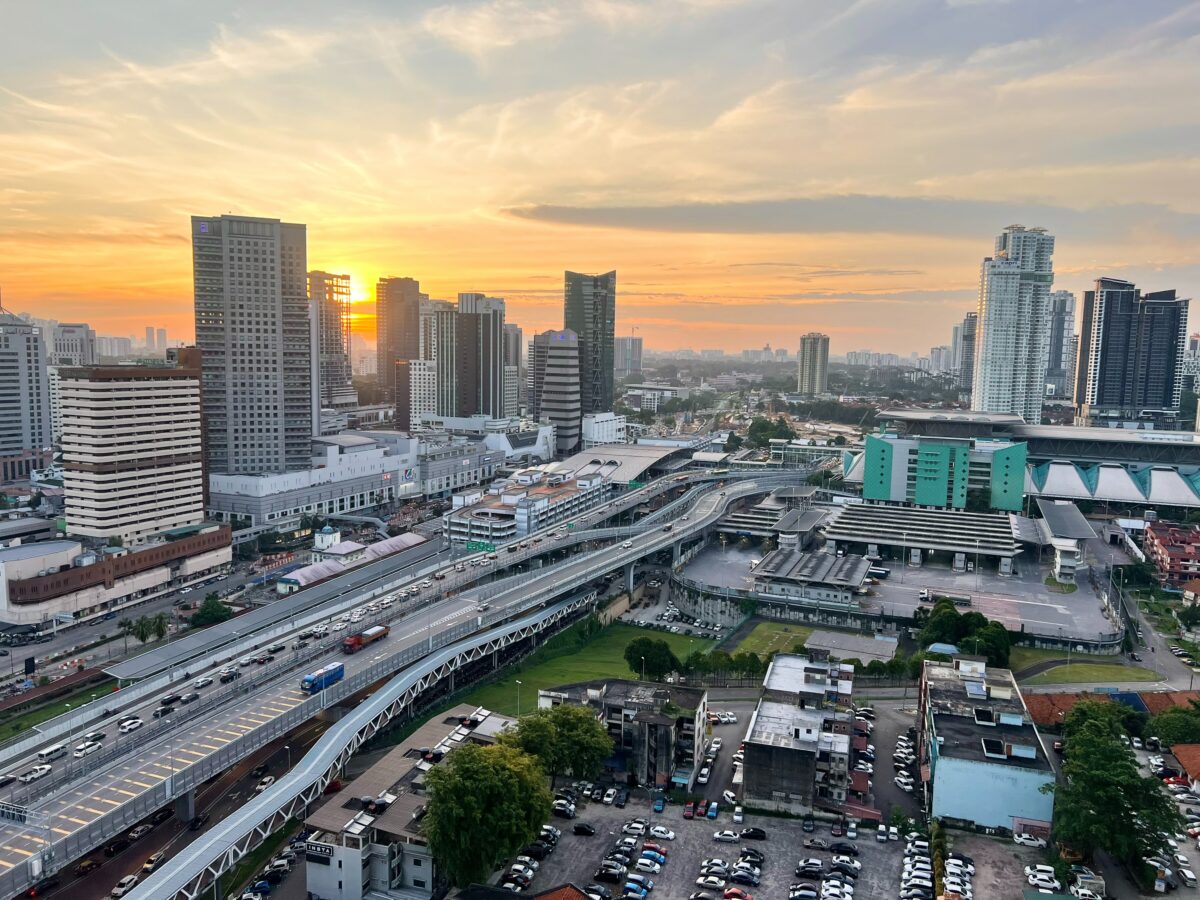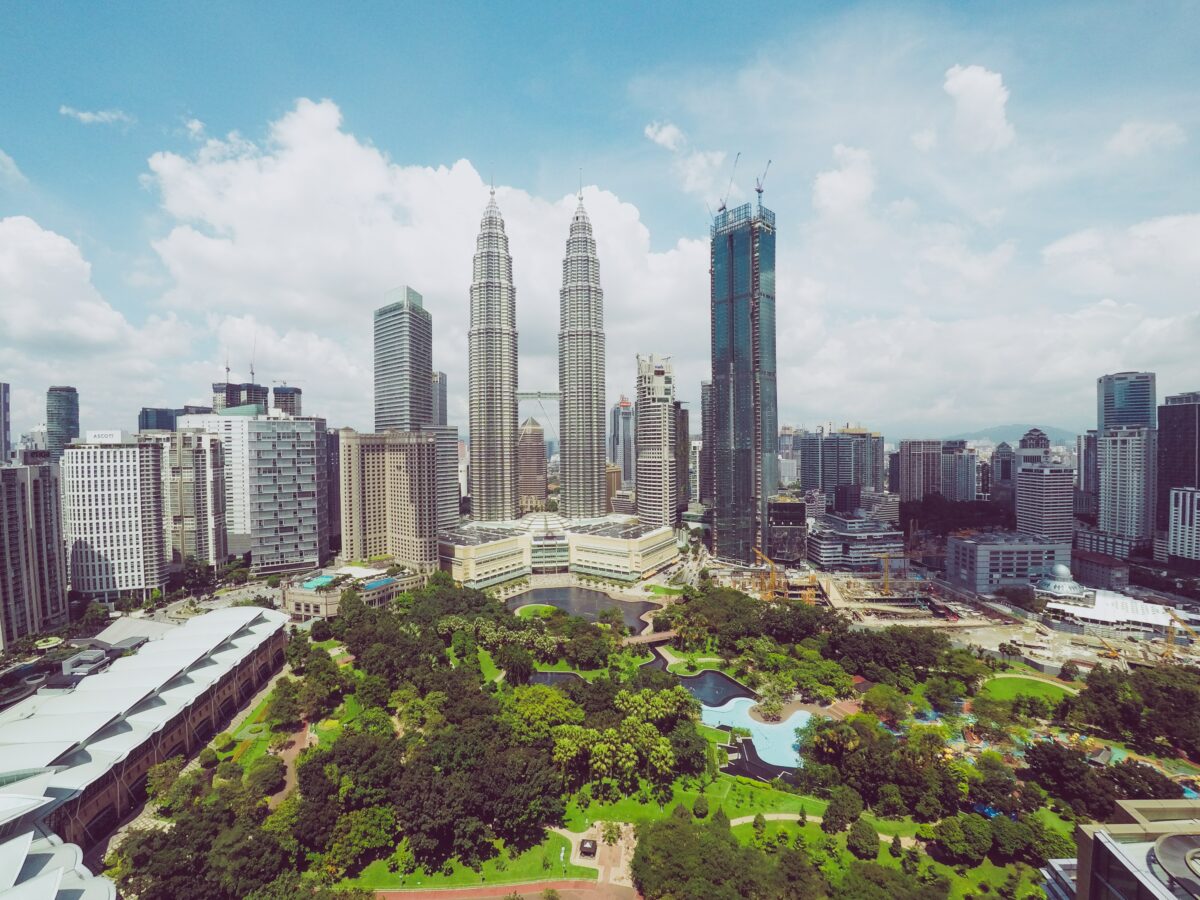The allure of owning a piece of property in the serene landscapes of Malaysia is a dream for many Singaporeans. Whether it’s for retirement, investment, or simply a holiday home, the prospect of buying property across the causeway comes with its own set of rules and regulations.
This guide aims to walk you through the process, ensuring you have all the facts without any embellishment.
Understanding the legal framework

Malaysia’s National Land Code 1965 defines a foreigner as anyone who is not a permanent resident of Malaysia. This includes Singaporeans looking to purchase property. Before you can proceed, you must obtain permission from the relevant state authorities, as property acquisition by foreigners is governed by Malaysia’s Guidelines on the Acquisition of Properties.
It’s crucial to familiarise yourself with these guidelines as they form the bedrock of your property purchase journey.
Financial considerations
For Singaporeans, the financial aspect of buying property in Malaysia is twofold. Firstly, there’s a minimum value requirement for properties that can be purchased by foreigners, which varies by state. Additionally, some states impose a levy on foreign property purchases.
Read more: I’m Singaporean but this is Why I Live in JB
The Malaysia My Second Home (MM2H) program offers a pathway with financial incentives, such as lower minimum purchase prices and potentially favourable loan terms. Understanding these financial nuances is key to a successful purchase.
Here’s a comprehensive table of the rules and limitations across the states and what the aforementioned MM2H can offer:
| State | Min Price | MM2H Price |
|---|---|---|
| Johor | RM1 million for high-rise/strata title property, RM2 million for landed property | RM1 million |
| Kedah | RM600,000 for Kedah, RM1 million for Langkawi | RM1 million |
| Kelantan | RM1 million | RM500,000 |
| Malacca | RM500,000 for high-rise/strata title property, RM1 million for landed property | RM500,000 for high-rise/strata title property, RM1 million for landed property |
| Negeri Sembilan | RM600,000 for overhang high-rise/strata title property, RM1 million overhang landed property | RM1 million |
| Penang (mainland) | RM400,000 for overhang high-rise/strata title property, RM750,000 for overhang landed property | RM500,000 |
| Penang (island) | RM800,000 for overhang high-rise/strata title property, RM1.8 million for overhang landed property | RM500,000 |
| Perak | RM1 million | RM350,000 |
| Perlis | RM500,000 | RM1 million |
| Sabah | RM750,000 for overhang units | RM500,000 |
| Sarawak | RM500,000 | RM300,000 |
| Selangor | RM2 million for Zones 1 & 2, RM1 million for Zone 3 | RM2 million for Zones 1 & 2, RM1 million for Zone 3 |
| Pahang, Putrajaya, Terengganu, WPKL | RM1 million | RM1 million |
Restrictions and limitations

Certain properties are off-limits to foreign buyers, including those on Malay reserved land, low to medium-cost residential units, and properties allocated to Bumiputera groups.
For Singaporeans who own HDB flats, additional restrictions apply. You must fulfil the Minimum Occupancy Period (MOP) before you’re eligible to purchase property in Malaysia, which typically means a wait of five years post-HDB purchase.
Cultural and lifestyle factors
Embracing Malaysia means engaging with its rich tapestry of cultures and traditions. From the vibrant food scene to the unique blend of languages known as Manglish, these cultural elements can significantly enhance the experience of owning and living on Malaysian property.
It’s important for potential buyers to consider whether the local lifestyle aligns with their personal preferences and living standards.
The buying process
The property buying process in Malaysia is straightforward but requires attention to detail. It begins with expressing your intention to buy through a Letter of Offer or a developer’s sales form, followed by securing financing if necessary. The Sale and Purchase Agreement (SPA) outlines the terms of the sale and is accompanied by a 10% down payment. Subsequently, your solicitor will apply for state authority consent, a crucial step that requires a thorough check to ensure the property meets state requirements.
Here’s a quick table on stamp duty payment for residential property purchases in Malaysia:
| Residential Property Price | Stamp Duty |
|---|---|
| First RM100,000 | 1% |
| RM100,001 – RM500,000 | 2% |
| RM500,001 – RM1 million | 3% |
| Over RM1 million | 4% |
And here’s another quick table for the legal costs:
| Residential Property Price | Legal Cost |
|---|---|
| First RM500,000 | 1% (subject to a minimum fee of RM500) |
| RM500,001 – RM1 million | 0.8% |
| RM1,000,001 – RM3 million | 0.7% |
| RM3,000,001 – RM5 million | 0.6% |
| Over RM5 million | 0.5% |
| Over RM7.5 million | Negotiable (will not exceed 0.5%) |
Living in Malaysia

Owning property in Malaysia doesn’t automatically grant you the right to reside there long-term. Singaporeans can stay visa-free for up to 30 days but longer stays require a visa such as the MM2H. This scheme is particularly attractive as it offers a renewable ten-year visa, subject to meeting certain financial criteria.
Read more: 5 Best Home Listings For Quick Access to Malaysia
Practical tips for Singaporeans
When considering a property purchase in Malaysia, engage with reputable real estate agents and legal counsel who are familiar with the intricacies of the Malaysian property market. Research is paramount—each Malaysian state has its own property market trends and regulations, which can affect the value and legality of your investment.
Conclusion
Buying property in Malaysia as a Singaporean is a viable option with its fair share of legal, financial, and cultural considerations. By adhering to the guidelines, understanding the financial commitments, and respecting the cultural norms, you can navigate the process with confidence. Always perform due diligence and seek professional advice to ensure a smooth property purchase experience.
This content is intended solely for informational purposes. 99.co does not endorse or guarantee the content’s applicability for specific purposes and disclaims all warranties to the maximum extent allowed by law. We have endeavoured to ensure the content’s accuracy, reliability, and completeness as of its publication date, but it should not be used as a sole basis for making important financial, investment, property, or legal choices. It is not meant to replace the guidance of a qualified professional who can consider your unique situation. We bear no responsibility for decisions made based on this content.
The post A Singaporean’s guide to buying property in Malaysia appeared first on .












